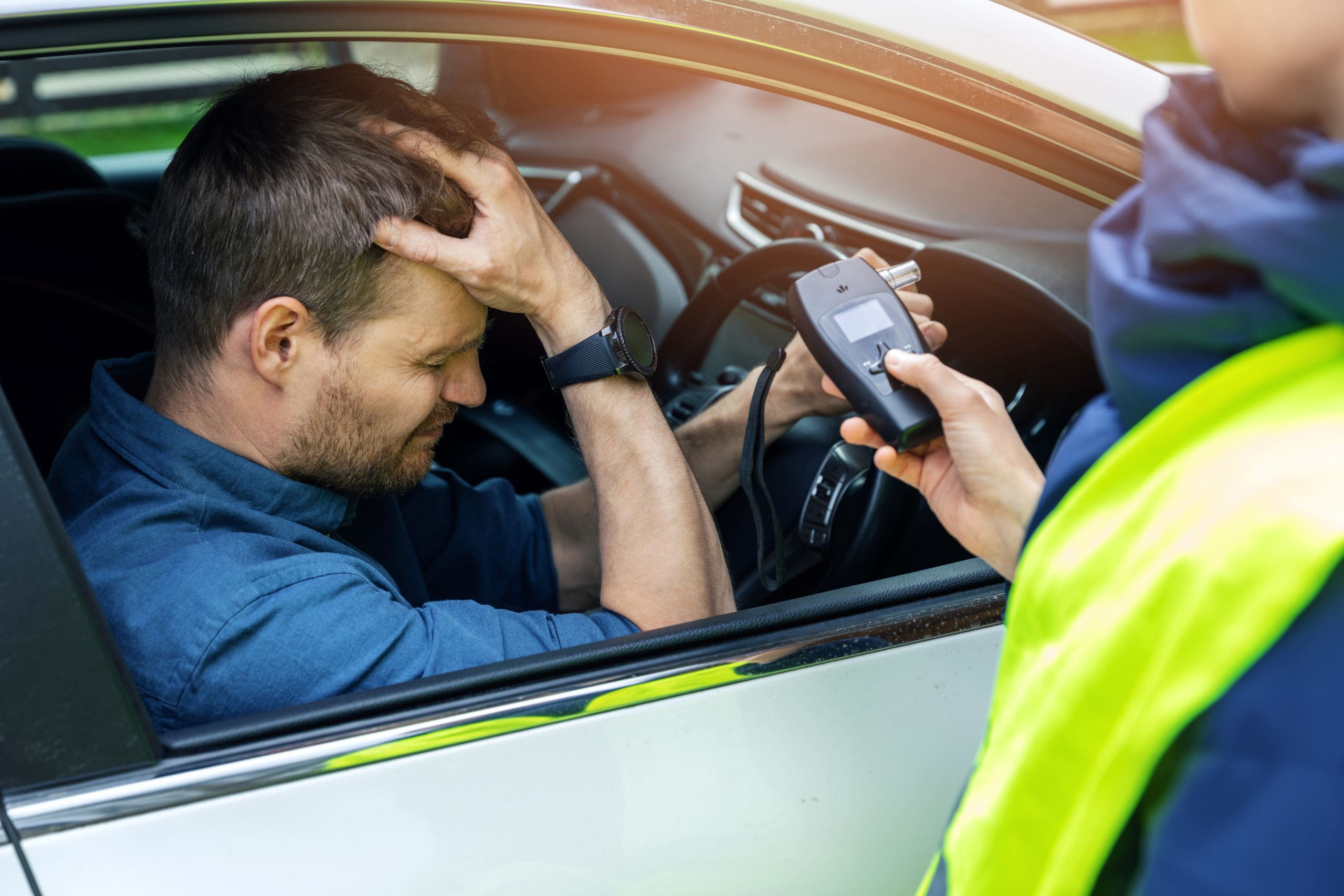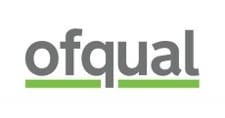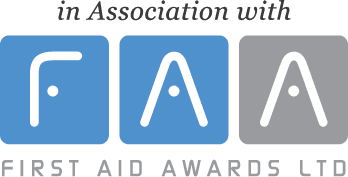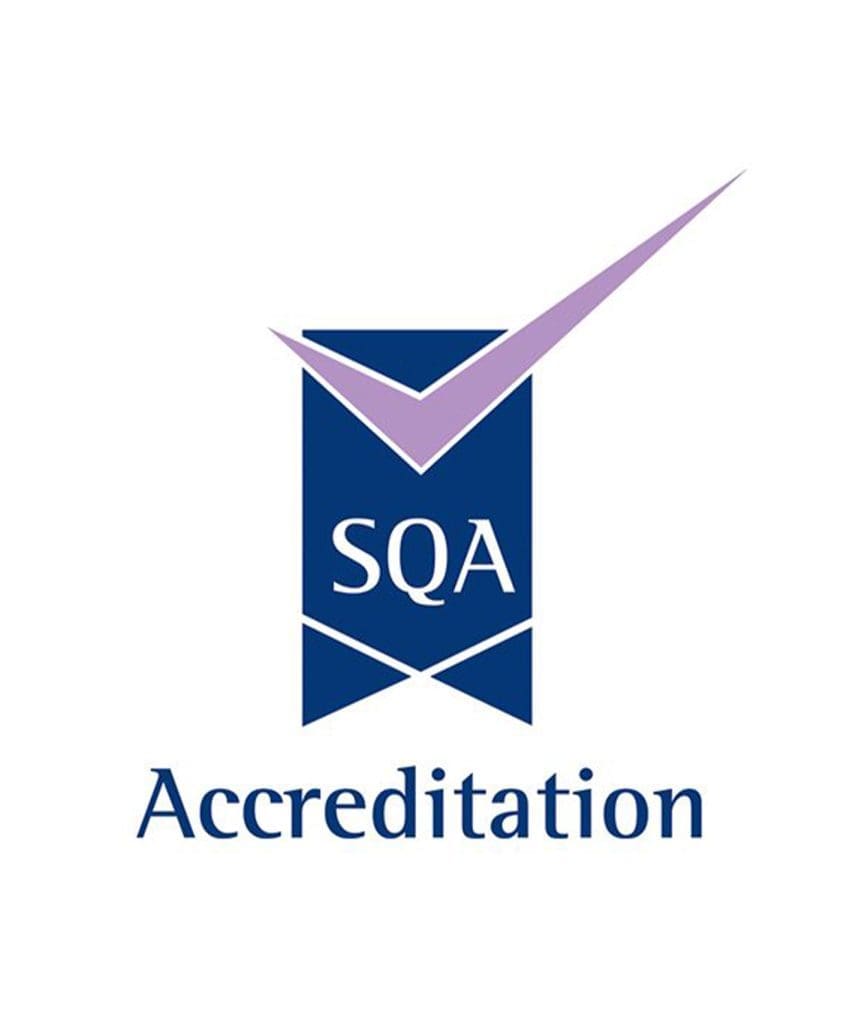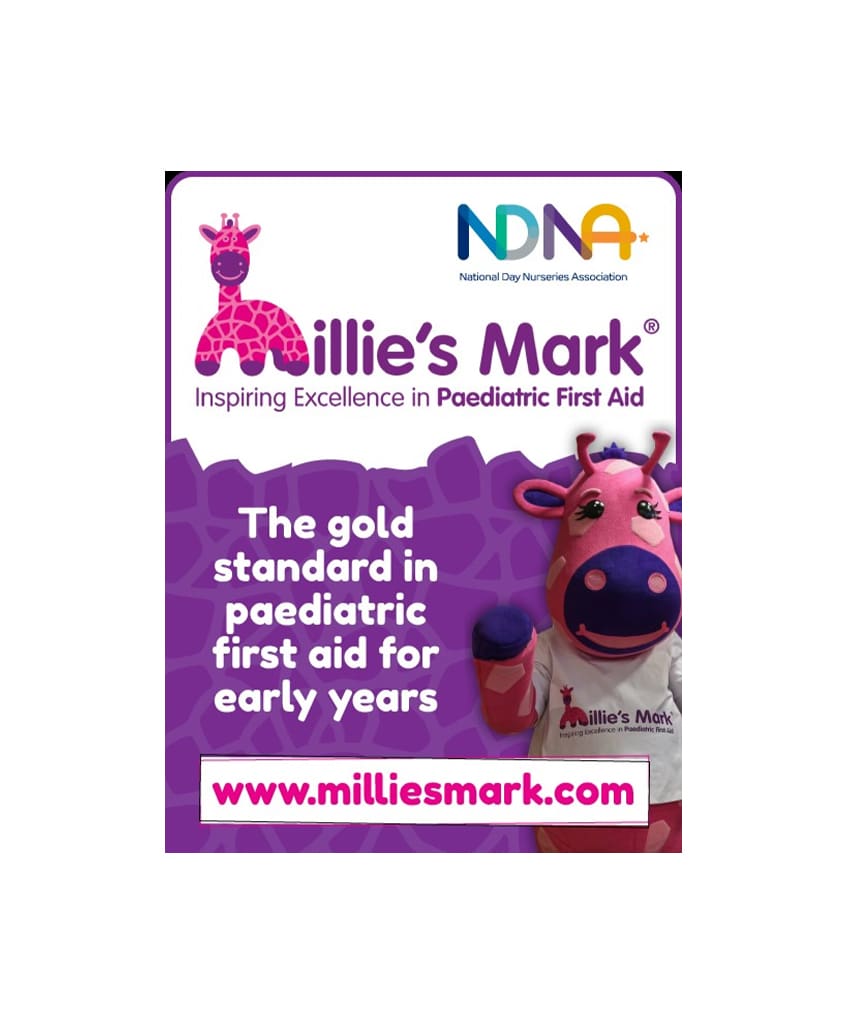Do you know your drink driving and drug limits?
Your chances of being caught drink driving have doubled!
Police across the United Kingdom are warning drivers that their chances of being breathalysed will double during this festive period.
In December 2021, police in England and Wales stopped 37,067 motorists on suspicion of drink-driving, this is more than twice the average for the other months of the year (16,977). A total of 3,840 drivers tested positive last December, a failure rate of more than 10%.
How much can I drink and then drive in the UK?
The legal alcohol limit in England, Wales and Northern Ireland for driving is 80 milligrams of alcohol per 100 millilitres of blood or 35 micrograms of alcohol per 100 millilitres of breath. In Scotland the limit is 50 milligrams of alcohol per 100 millilitres of blood or 22 micrograms of alcohol in 100 millilitres of breath.
The amount of alcohol you can consume without going over the limit is impossible to predict because it varies based on a number of factors, including your age, weight, metabolism, and the amount of food you’ve eaten.
Alcohol always takes time to leave your system. You can never get it out quickly. Even though they might help you feel better, taking a shower, drinking coffee, or doing other “sobering up” won’t get rid of the alcohol in your system.
If you’ve been out drinking, you may still be affected by alcohol the next day and could lose your licence if you drive and are still over the legal limit. Everybody reacts to alcohol differently, and any quantity can make it unsafe to drive. If you drink and drive, the only safe course of action is to stay away completely from alcohol as even “just one drink” could put you over the legal limit.
If you’re driving, don’t drink any alcohol at all.
Drug Driving
It’s an offence to drive with any of 17 controlled drugs above a specified level in your blood. This includes illegal and legally prescribed drugs.
The limit set for each drug is different, and for illegal drugs the limits set are extremely low. They aren’t zero to rule out any accidental exposure (e.g. from passive smoking).
If you’re not sure whether a prescription or over-the-counter drug will impair your ability to drive, you should always see your doctor or chemist.
Risks and physical effects
The biggest risk you take when driving under the influence of alcohol or drugs is the risk of causing a collision.
Driving under the influence of drink or drugs is extremely dangerous and can affect your driving in numerous ways, such as:
- ability to judge speed and distance
- reaction and coordination skills
- blurry or impaired vision
- drowsiness
- aggression
- erratic behaviour
- panic attacks and paranoia
- hallucinations
- nausea
- dizziness
- tremors
Alcohol and drugs can also create a false confidence which can lead to an increase in risk-taking behaviour, which puts your life and the lives of others in danger.
How do I calculate my drink units?
There are various websites that have drink unit calculators, so it is always good to check if you are unsure, but below is a guideline as per the NHS:
- Small glass of red/white/rosé wine (125ml, ABV 12%) = 1.5 units
- Medium glass of red/white/rosé wine (175ml, ABV 12%) = 2.1 units
- Large glass of red/white/rosé wine (250ml, ABV 12%) = 3 units
- Bottle of lager/beer/cider (330ml, ABV 5%) = 1.7 units
- Pint of lower-strength lager/beer/cider (ABV 3.6%) = 2 units
- Pint of higher-strength lager/beer/cider (ABV 5.2%) = 3 units
- Single small shot of spirits* (25ml, ABV 40%) = 1 unit
- Alcopop (275ml, ABV 5.5%) = 1.5 units
Testing for alcohol and drug use
Alcohol
The police can stop you at any time and ask you to take a breath test (‘breathalyse’ you) if:
- they think you’ve been drinking
- you’ve committed a traffic offence
- you’ve been involved in a road traffic collision
You may be arrested if you refuse to submit to a breathalyser test or if you don’t have a “reasonable excuse” for not providing a breath sample. A legitimate physical or mental illness that prevents you from providing a sample could be an adequate reason; in this case, you may be required to have a blood test.
The breath test gives a result straight away. If it shows you’re not over the drink drive limit, you may be allowed to go. If you fail the breath test, you’ll be taken to a police station and given a final breath test. If it’s positive, you’ll be charged.
Drugs
The police can stop you and conduct a roadside screening test or a field impairment test, both of which may result in your arrest if:
- they think you have taken drugs
- you’ve committed a traffic offence
- you’ve been involved in a road traffic collision
Officers can test for cannabis and cocaine at the roadside, and screen for other drugs – including ecstasy, LSD, ketamine and heroin – at a police station.
Even if you pass the roadside check you may still be arrested if the police suspect that your driving is impaired by drugs and you can be taken to a police station for further tests.
What is the penalty if I am caught driving under the influence of alcohol or drugs?
It is always better to nominate a driver rather than risk getting caught drug or drink-driving.
Police set up checkpoints during Christmas and New Year and they are allowed to stop any vehicle at their discretion and can breathalyse you if they suspect you have been drinking or using drugs.
If you’re found to be over the drink-drive limit, and/or driving while impaired by drugs, you can receive:
- a criminal record
- a maximum penalty of six months in prison
- an unlimited fine
- an automatic driving ban of at least one year (three years if you have been convicted twice in 10 years)
Other problems you may face include:
- an endorsement on your driving licence for 11 years
- an increased insurance premium
- if you drive for work, your employer will see your conviction on your licence
- trouble travelling to countries like the USA
If a driver kills someone while under the influence of alcohol, they can be charged with causing death by careless driving while under the influence of drink or drugs (Section 3A of the Road Traffic Act 1988 (as amended by the Road Traffic Act 1991, section 3)).
The maximum penalty is 14 years imprisonment if the offence was committed before 28 June 2022. If the offence was committed on or after 28 June 2022, the maximum penalty is life imprisonment.
How to drink safely and enjoy the festive season
With office parties already happening, it is important to plan and make sure that you are safe. This can easily be done by arranging a lift with a sober driver or ensuring that you have booked a taxi for your trip home.
If you do not have a ride home then alcohol should simply be avoided completely to be safe.
Some other useful contacts:
If you believe you or a family member needs some help Drinkline is the national alcohol helpline. They can be contacted if you are worried about your own or someone else’s drinking and the calls to the helpline are free on 0300 123 1110 (weekdays 9am to 8pm and weekends from 11am to 4pm.)
Frank is the national drugs helpline offering general advice and information and is open 24 hours. Tel 0800 77 66 00 (freephone) and website www.talktofrank.com.
Lastly, if you would like to talk to us about Mental Health training in the workplace courses across the UK, please call us on 01276 586943 or email us at admin@crosscountiestraining.co.uk for hassle-free bookings.
